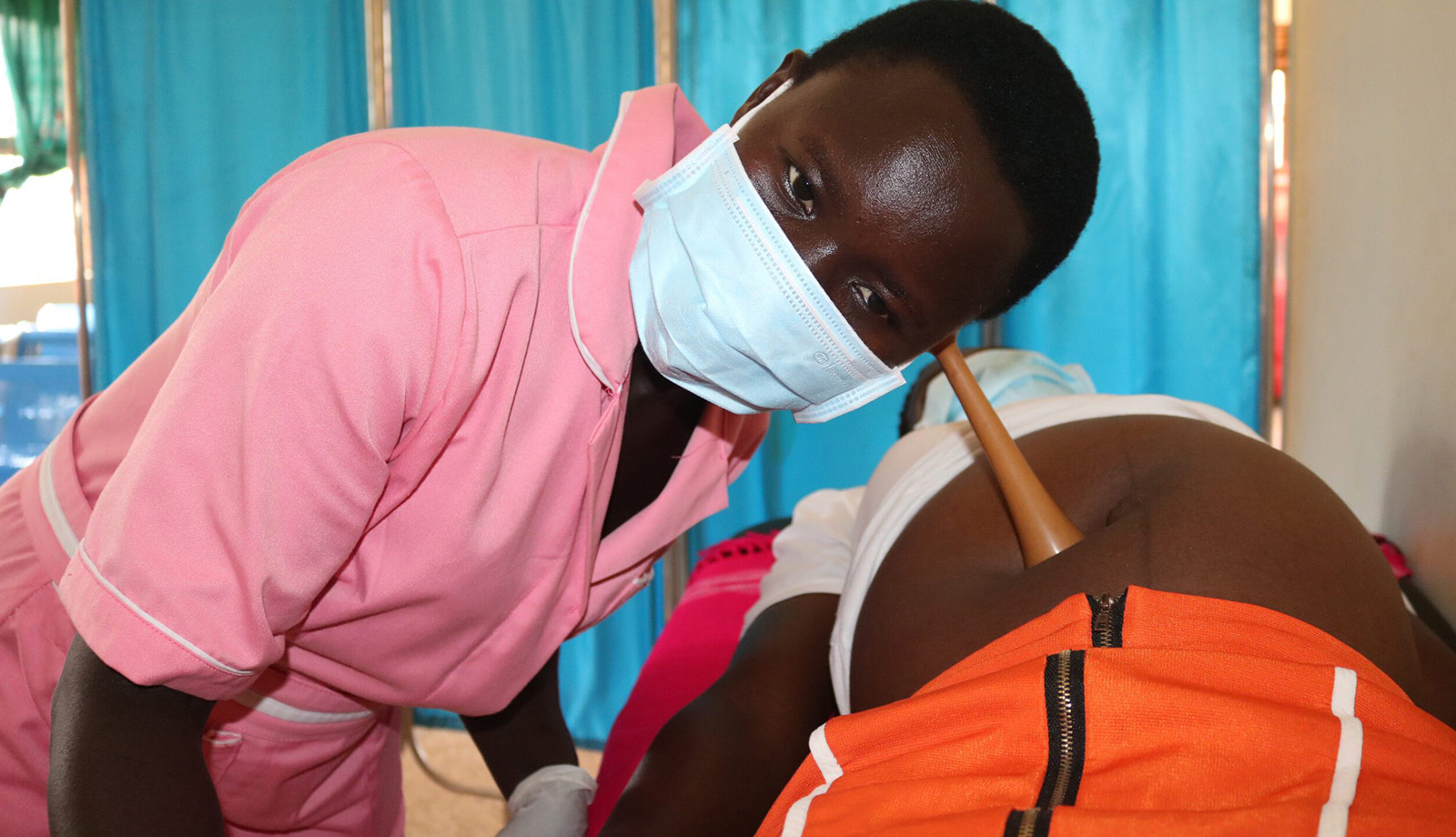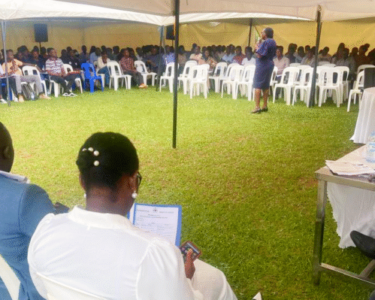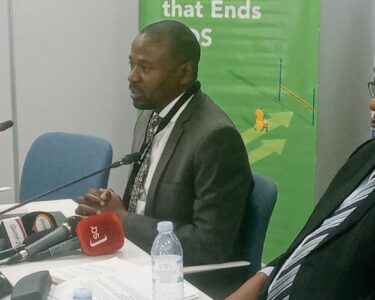While Sexual and Reproductive Health and Rights advocate for shared responsibility, antenatal care is still largely considered a woman’s affair. At many antenatal clinics across various localities in the country, a telling pattern lingers with long queues of expecting women waiting for checkups but often alone despite government campaigns calling for men’s involvement in maternal health care.
Latest
Ministry of Health Dismisses Claims of COVID-19 Resurgence in Uganda
Former Ibanda District Officials Sentenced Over Illegal Land Sale
Prominent City Lawyer Twebaze Drake Remanded Over $553,500 Fraud Case
Director of Mukono School Killed in Alleged Abduction
Several Injured As Military, Police Raid NUP Headquarters
Twelve Arrested in Joint Security Operation in Mukono
Nicholas Tumwine a 34-year-old boda boda rider from Kasokoso a suburb in Kampala metropolitan, boldly says has never accompanied his wife to an antenatal visit
“I love my wife and our children, but the clinic space feels like it’s for women,” he says.
Tumwine recalls that the one time he attempted to attend, he felt unwelcome, saying “Even when I tried to go once, I felt out of place. The health workers only seemed to speak to women.”
Tumwine’s sentiments are resonated by countless men across the country, shaped by cultural beliefs that see pregnancy as a woman’s responsibility, with the man’s role limited to financial provision and yet health experts warn that this cultural detachment from antenatal care is a serious gap in Uganda’s SRHR agenda.
Dr. Julius Mutalya, a medical officer at Kyengera Health Centre II, confirms that male attendance at antenatal clinics is shockingly low. “Sometimes it’s rare to see men accompanying their wives to Antenatal, If I’m not mistaken, sometimes it’s always only two or one,” he says it’s extremely rare to find a man attending all eight required visits.”
Dr. Mutalya outlines several reasons men give for not accompanying their spouses including fear of being tested for HIV, discomfort sitting in waiting areas for long periods, and a general perception that their presence is unnecessary.
However Dr. Mutalya insists the benefits of male involvement in antenatal care are significant. He highlights that when men accompany their wives, they get the opportunity to learn more about pregnancy, the health challenges their partners face, and thus become more emotionally and practically supportive.
It is against this backdrop that he has recommended community-based strategies to boost male engagement, among which include sensitization campaigns via various media channels, incorporating messages into local council (LC1) meetings, and mobilizing religious and cultural leaders to encourage male participation. He contends that these efforts align with government’s far-reaching commitment to SRHR ensuring that all individuals, including men, are actively engaged in decisions and actions that promote reproductive health.
As Uganda works toward its SRHR goals, integrating men more meaningfully into antenatal care could prove a turning point bridging a longstanding gap in awareness, support, and ultimately, health equity for families.





